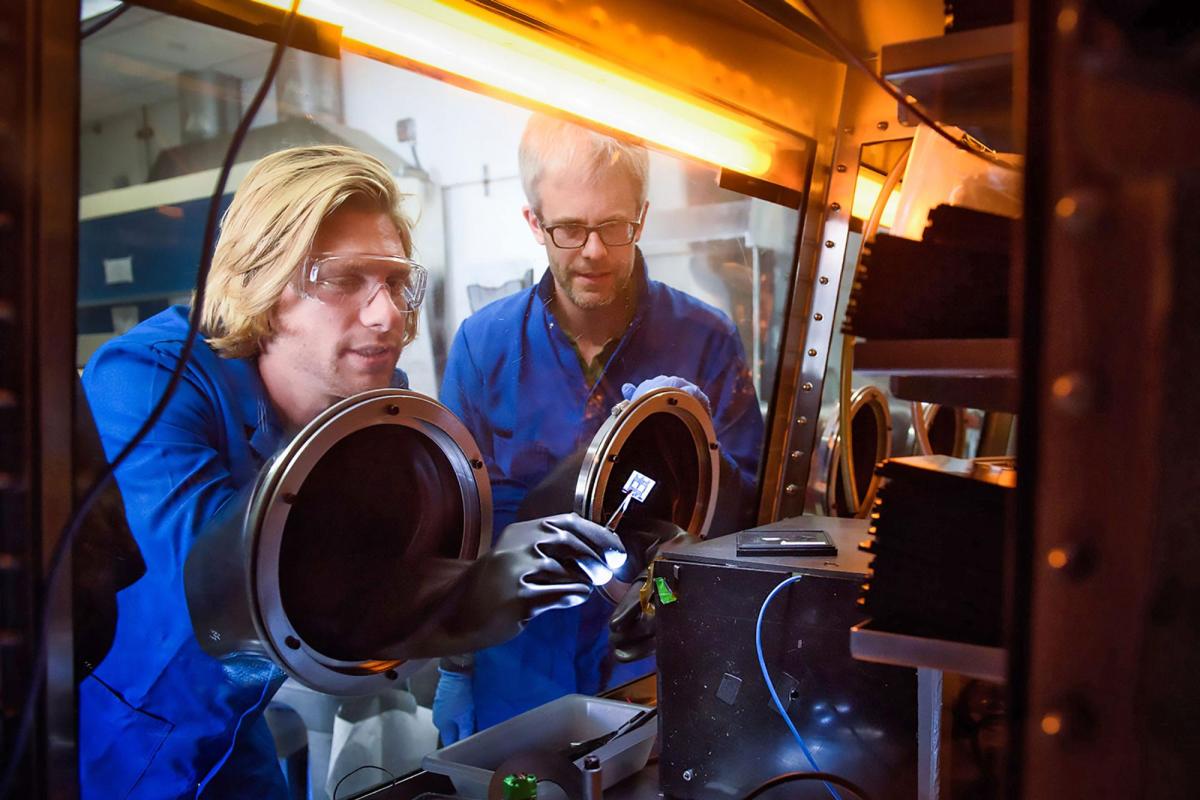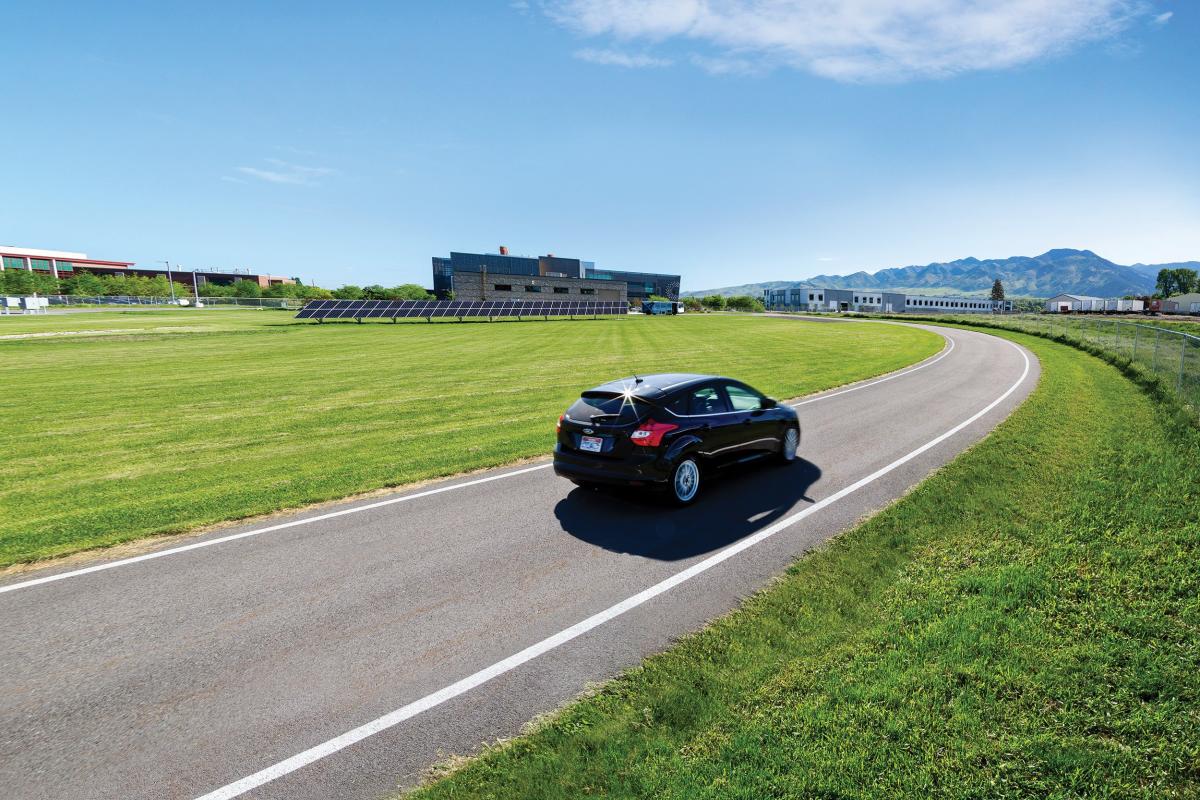Energy
Materials Sciences
Energy Systems & Infrastructure
Policy & Analysis Tools
Climate, Environment & Sustainable Energy News
A refined mathematical model is now capable of predicting carbon inputs and outputs for freshwater lakes around the world, according to new research from INSTAAR’s Isabella Oleksy and collaborators. Their work could help scientists understand the role of freshwater lakes in the global carbon cycle. Read more
Ancient gases trapped in Antarctic ice reveal wildfire activity during the last glacial period tracked with changes in rainfall and temperature. Read more
In a CU Boulder-led study, scientists describe how different traits used to choose mates in barn swallow populations are driving the bird to diverge, which could eventually lead to the formation of new species. Read more
Energy In-Depth Stories
Is electrochemistry the future of carbon-capture technology?
There are new insights into one promising method for removing carbon from the atmosphere: using electricity to manipulate chemicals that then pull carbon out of the air.
Advancing next-gen solar technology
National CU Boulder-led consortium aims to enable the commercialization of perovskite-silicon tandem solar cells.
The future of transportation is electric
New engineering research center aims to electrify transportation, expand education.
In the last 5 years, energy research at CU Boulder has sparked:
82
inventions
46
U.S. patent applications
25
technologies licensed or optioned
5
new startups









